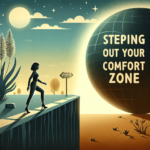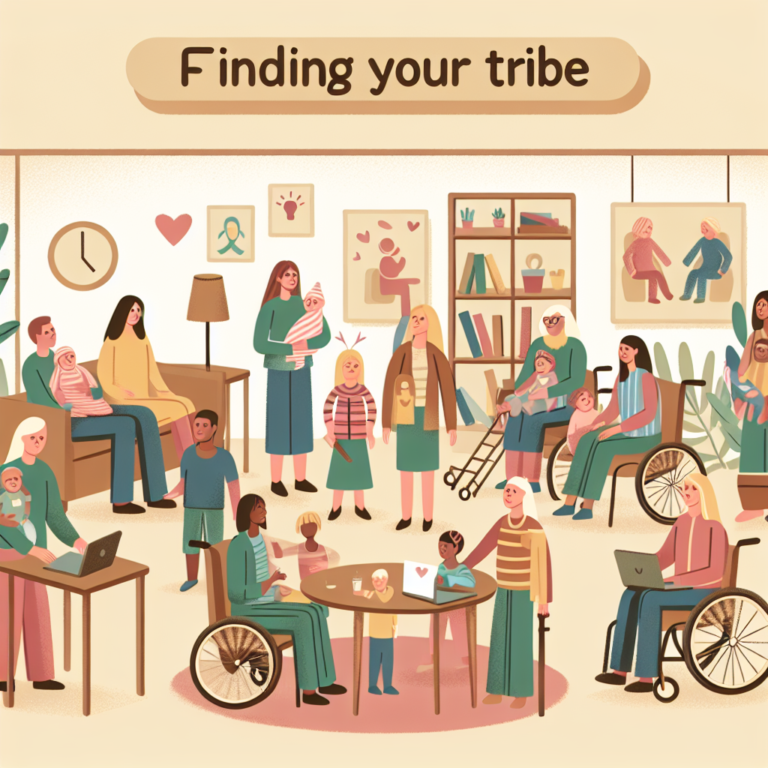
The Essential Psychology of Writing: Crafting Research Papers with Impact
Introduction
Writing a research paper can often feel like a daunting task, requiring not only a deep understanding of your subject matter but also the ability to communicate your findings clearly and effectively. The essence of this challenge lies in The Psychology of Writing: Crafting Research Papers with Impact. Understanding the psychological mechanisms at play can transform your writing from a mere academic exercise into a profound contribution to your field. This article delves into the cognitive and emotional aspects of writing research papers, equipping you with tools to ensure your work resonates with its intended audience.
The Role of Psychology in Writing
Understanding Your Audience
One of the first steps in crafting impactful research papers is to comprehend your target audience. You must ask yourself: Who will read this paper? What level of prior knowledge do they possess? Recognizing your audience’s needs and expectations is crucial.
- Case Study: The Shift in Epidemiology Research
A notable study published in 2020 demonstrated that epidemiologists who tailored their communication to policy-makers significantly increased the uptake of their recommendations. By using straightforward language and focusing on implications rather than technical jargon, researchers made an impactful connection.
Table 1: Audience Analysis Checklist
| Aspect | Questions to Consider |
|---|---|
| Knowledge Level | What concepts should I simplify? |
| Expectations | What do they hope to gain from this? |
| Preferences | Are they looking for data, narratives, or both? |
Enhancing Clarity through Structure
A well-structured paper not only facilitates comprehension but also guides the reader on an intellectual journey. Research has shown that readers often scan for key information before diving into details.
- Case Study: The Impact of Outlining
Researchers discovered that students who employed detailed outlines prior to writing their papers scored significantly higher. The framework helped them maintain a logical flow and prevent major revisions later in the process.
Utilizing Cognitive Biases
Understanding cognitive biases can profoundly affect how your writing is received. For instance, the confirmation bias often influences how readers interpret data. Writers can use this to their advantage by presenting information that resonates with common beliefs, thereby fostering acceptance.
- Case Study: The Influence of Framing
A 2018 study revealed that researchers had greater success when framing their findings in a way that aligned with prevailing societal views. By strategically presenting their research, they gained wider acceptance and citation rates.
The Emotional Landscape of Writing
Overcoming Writer’s Block
Writer’s block is a common adversary, often rooted in anxiety or self-doubt. Understanding the psychology behind these feelings can help writers overcome this hurdle.
- Proven Techniques
Techniques like free writing, setting micro-goals, or engaging in mindfulness exercises can help alleviate anxiety. Establishing a routine can also help normalize the writing process.
Building Resilience
The act of writing exposes one to criticism, which can be psychologically taxing. Building resilience is essential for long-term success in research writing.
Chart 1: Resilience-Building Techniques
| Technique | Description |
|---|---|
| Positive Self-Talk | Reinforce your ability to succeed |
| Seeking Feedback | Use constructive criticism to grow |
| Celebrating Small Wins | Acknowledge progress to boost confidence |
Crafting Compelling Content
Using Narratives Effectively
The most impactful research papers often include narratives that lend context to data and findings. Storytelling is a potent tool to make dry statistics relatable.
- Case Study: Narrative in Health Research
A recent health study leveraged personal stories from patients to highlight the emotional significance of clinical data. This approach not only brought the research to life but also led to it being cited in policy discussions.
The Power of Visuals
Supporting your text with visuals can enhance retention and comprehension. Infographics, charts, and graphs are indispensable in a research paper.
- Chart 2: Visual Impact on Retention Rates
| Type of Visual | Retention Rate (%) |
|---|---|
| Infographics | 65% |
| Charts | 58% |
| Text-Only | 10% |
The Revision Process: A Psychological Perspective
The Importance of Feedback
Understanding that writing is a process can help ease the psychological tension associated with revisions. Constructive criticism is not a reflection of failure but a pathway to improvement.
- Case Study: The Role of Peer Reviews
A 2019 study highlighted that researchers who implemented peer feedback in their writing process produced papers that were rated significantly higher in terms of clarity and impact.
Self-Editing Strategies
Learning to edit oneself effectively is a crucial skill. This involves not only correcting grammatical errors but also assessing the overall coherence of the argument.
- Proven Self-Editing Techniques
Techniques such as reading out loud, reversing the order of paragraphs, or even taking breaks between drafts can significantly enhance clarity and impact.
Conclusion
As we’ve explored, The Psychology of Writing: Crafting Research Papers with Impact embodies a rich interplay of audience analysis, cognitive awareness, emotional resilience, and strategic content development. By leveraging these psychological insights, you can enhance the quality of your writing, foster deeper connections with your audience, and make a lasting impact in your academic field.
Embrace the challenges of writing not as obstacles but as opportunities for growth. Your research can—and should—make waves.
FAQs
1. What is the best way to understand my audience for a research paper?
Begin by identifying your target audience’s background knowledge and interests. Use surveys, feedback from peers, or audience studies relevant to your field.
2. How can I overcome writer’s block effectively?
Engage in techniques such as free writing, setting daily word goals, or discussing your ideas with peers to stimulate thoughts and reduce anxiety.
3. Are visuals really that important in research papers?
Yes, visuals can boost retention by up to 65%, making complex data more accessible and engaging for readers.
4. How do I handle criticism of my writing?
View criticism as an opportunity for improvement. Seek constructive feedback, and don’t take it personally—it can be invaluable in enhancing your work.
5. What are effective self-editing strategies?
Read your work aloud, revise with fresh eyes after a break, or employ a checklist to ensure coherence and clarity in your argument.
With this understanding, you are now equipped to approach your next research writing project with newfound confidence and insights—crafting work that not only informs but also inspires actions and dialogue. Let the psychology of writing guide you in making your next research paper a powerful tool of impact!

















